Featured 2

When the highest court of the land the Appeals Division of the Supreme Court asks if a person - DIG MIzan- is above the ACC reach or not, the matter should be taken seriously. It comes in the wake of Mizan's media disclosure that he had paid a bribe of Taka 50 lakhs to an ACC official to get a good report on his corruption charge for which he was being blackmailed by the official. Meanwhile, the said official- Director Bacchir- has been suspended while Mizan remains free pending investigations. The ACC has described his bribing a crime but not held, hence the remark by the court.
Mizan and Bacchir have both have claimed innocence
DIG MIzan has been in the news for the last two years because of allegations of sexual threats, forcible marriages etc. to which was added corruption. He was being investigated by the ACC when he exploded the bribing news. DIG Mizan went on TV and played a clip of his discussion with the ACC official, Director Bacchir, who was in charge of his investigation. In that clip it was heard that Mizan had paid Taka 50 lakhs to Bacchir. In return, Bacchir submitted a report to the ACC top brass that cleared Mizan of any crime of corruption.
However, Bacchir also claimed innocence, screamed "frame up" and blamed media for it all. He defied anyone to prove the case. The matter hangs there till investigations are completed.
But while the flamboyant DIG could claim to have pulled a fast one on ACC and the rest, the ACC hit back asking about the source of Mizan's bribe money. That giving bribe was a crime which Mizan had admitted committing. Mizan responded by saying the money was borrowed from his friends and relatives so halal. And the bribe giving was part of a trap set to snare Bacchir and save himself.
All this is fine but then had Mizan not taken the law in his own hands? Was his action as a policeman authorized by his office? In dealing with the ACC, was he acting in a private or official capacity? If personal, does he have the authority? If public was he authorized? For the moment, answers are awaited.
And what exactly is the ACC's status if it can't arrest a confessed bribe taker or its own officials? If it's serious about its accusation that Mizan has committed a crime, what are its actions against him?. Its these anxieties that was conveyed by the Supreme Court.
The Higher court's concern
The apex legal body acts as the guardian of ensuring a legal regime. They do so by ensuring a legal environment not individual action. In this case the recent actions show that disregard of legal management and practices of crime and punishment is becoming a concern.
It seems the remit of the legal institutions are being flouted by law enforcers and legally empowered organizations themselves. Additionally, the ACC is unable to act as per its constitutional guidelines and senior policemen are possibly breaking laws themselves. The worry is therefore about the state of the law and order system itself not a particular case. Through a complex chain of events, the legal regime in Bangladesh is being seen as weak.
But this is also impacting on the political regime because better performance of both the police and the ACC are part of promised service delivery package to the people. The events have put a great deal of pressure on the ACC who are supposed to have great powers to prevent or end corruption. Without perhaps intending to, Mizan has triggered a challenge to the system. Is the police beyond the remit of the ACC and the ACC itself can't ensure a corruption free office?
Internal conflict within the governance structure?
The public really has little to do with such matters. In fact, if paying bribe is a crime then most Bangladeshis who have had to deal with the official world at any level is a criminal. They have no expectation that corruption will decline and have learnt to live with it even though some complain. So ACC's image is more affected internally as it seems to have got tangled in a conflict with the police. And no government can function without the police.
This unexpected conflict between the police and the ACC may test the priority of both to the political powers that be. It will also test and strength of both institutions too though the ACC maybe looking a bit less as the court said.
People are quite bemused but they don't matter much. However, the political cost is another matter. If the police and the ACC bicker among themselves, it's an internal fight within the governance structure. And that happening is not good news for the structure itself. This conflict is carrying despondent news about institutional conflicts in governance. It's not about individuals giving or taking bribes.






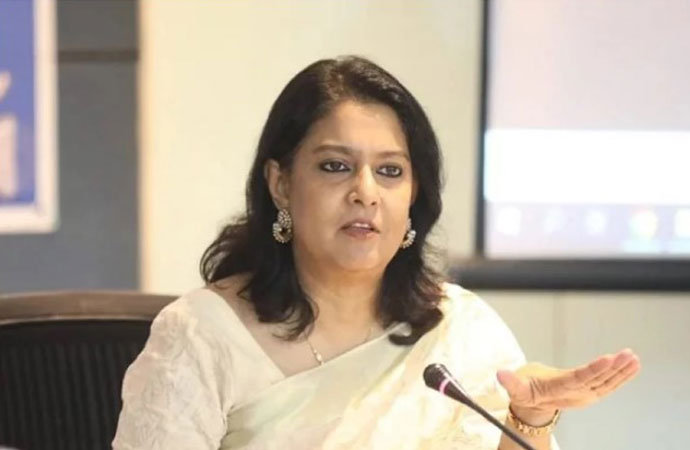












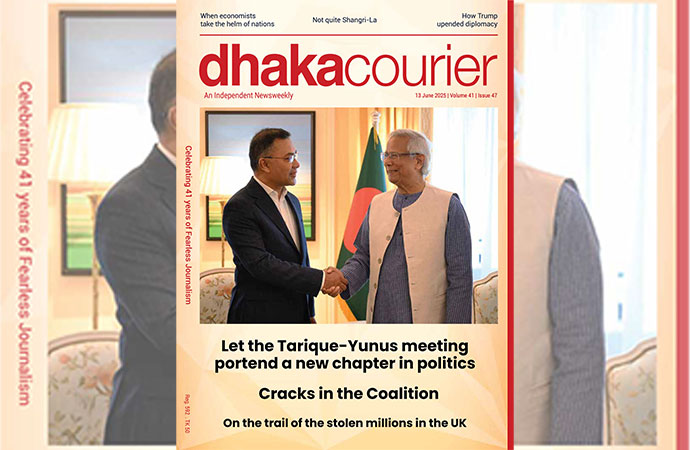
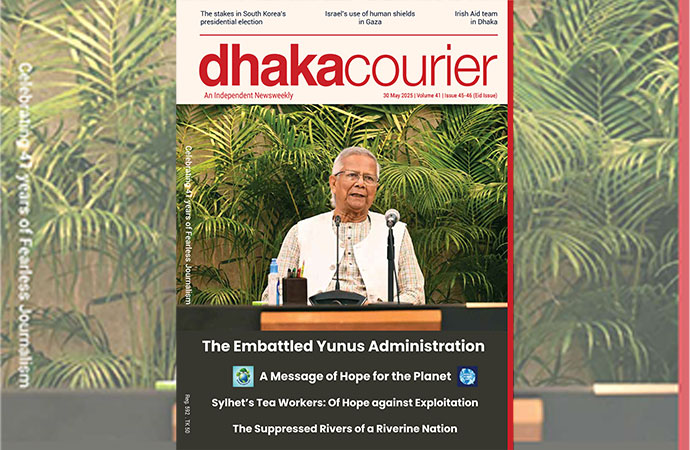
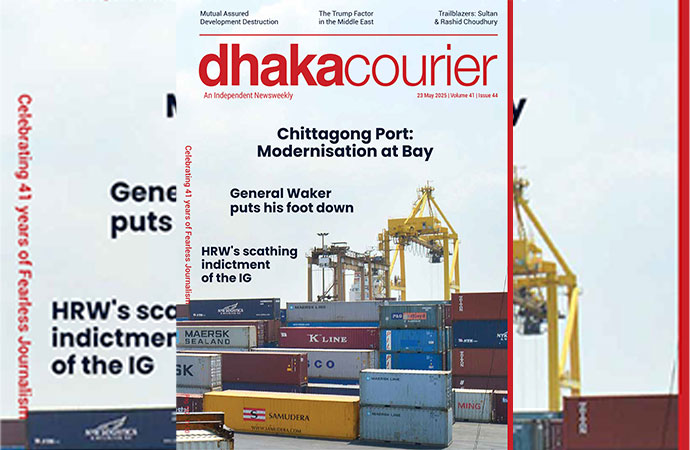
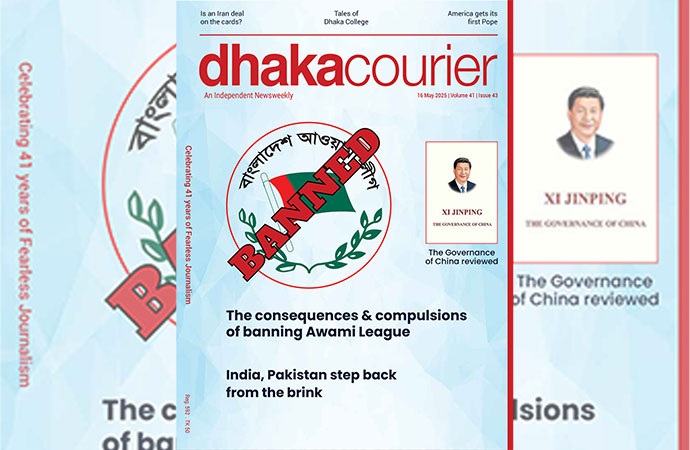
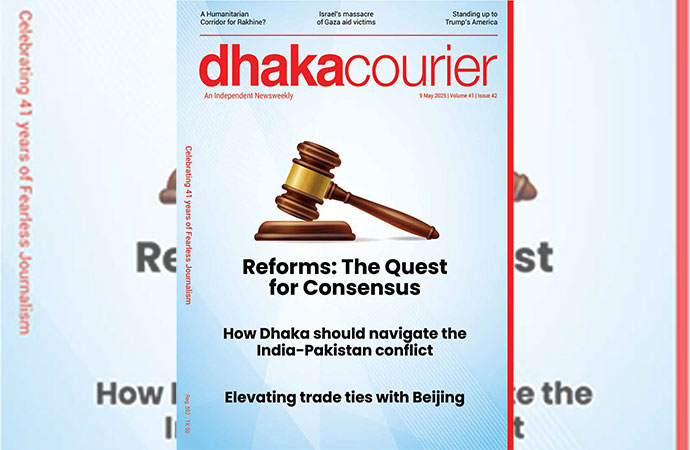
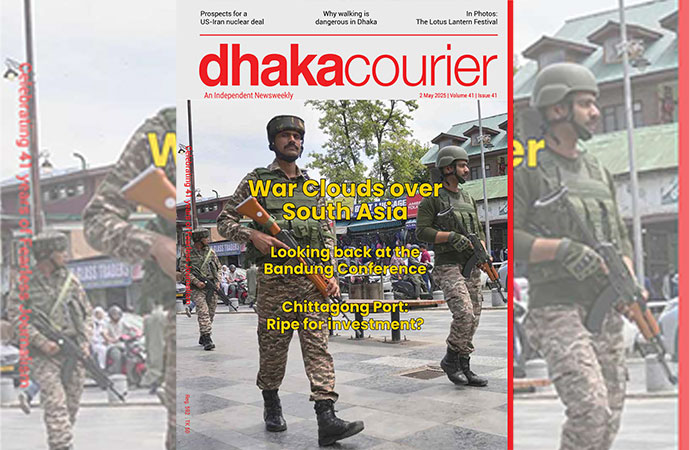
Leave a Comment
Recent Posts
Enayetullah Khan to represent ...
Enayetullah Khan, Editor-in-Chief of United News of Bangladesh (UNB), ...
The tragedy in Ahmedabad touch ...
Air crashes are inherently international incidents, and the emotions t ...
Asset recovery a key focus; breakthroughs from talks ..
'It'll inspire youths to build Bangladesh they dream ..
UK envoy Sarah Cooke happy with Yunus’ visit to Brit ..
Prof Yunus honoured with prestigious Harmony Award b ..